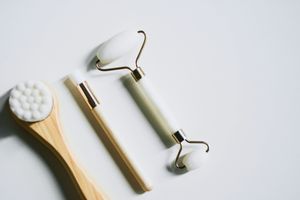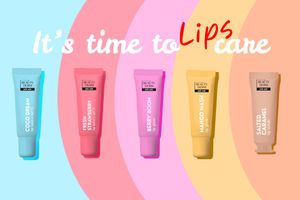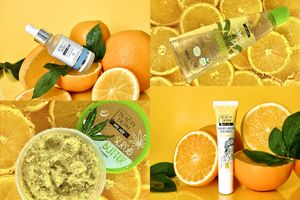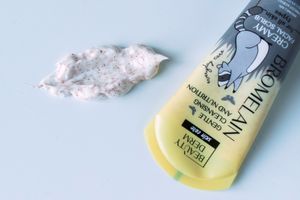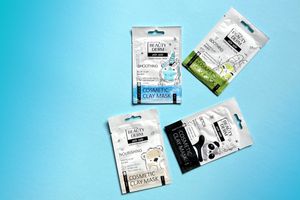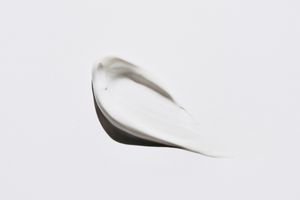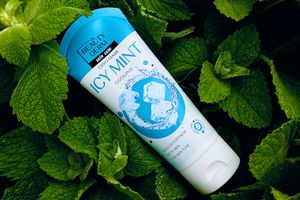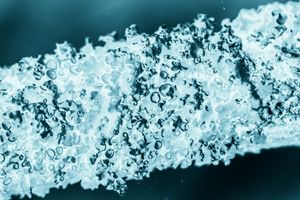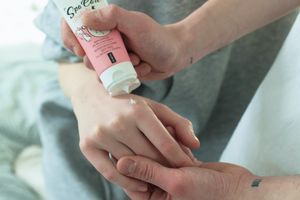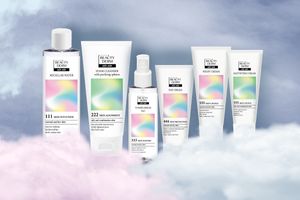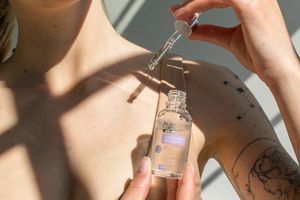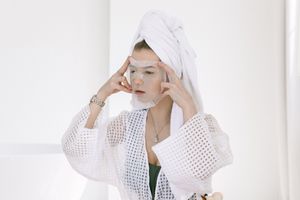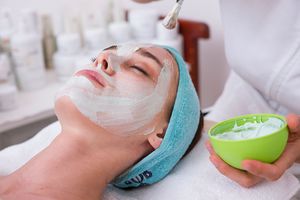Our body is constantly undergoing various changes, and hormonal fluctuations are one of the key factors that affect skin condition. From adolescence to menopause, each stage of life is accompanied by specific hormonal changes that can affect our appearance. Let's take a look at how hormones affect the skin and what products can help cope with these changes.
1. Teenage years
During adolescence, the body produces an increased amount of androgens, hormones that stimulate the sebaceous glands. This often leads to excessive oiliness of the skin and the appearance of acne.
Recommendations:
- Cleansing: It is important to choose mild cleansers that do not dry out the skin but effectively remove excess oil and dirt.
- Antibacterial products: Using products with salicylic acid or benzoyl peroxide will help reduce inflammation and fight acne-causing bacteria.
- Moisturizing: Even oily skin needs moisturizing. Light, non-comedogenic creams are the best choice.
2. Pregnancy.
Hormonal changes during pregnancy can cause various skin problems, such as hyperpigmentation (pregnancy mask or melasma), acne, or stretch marks.
Recommendations:
- Sun protection: Using sunscreen with a high SPF will help prevent pigmentation from worsening.
- Gentle products: Choose mild and safe for pregnant women care products that do not contain retinoids or salicylic acid.
- Hydration: Moisturizing creams and oils can help prevent dryness and stretch marks.
3. Menstrual cycle.
During the menstrual cycle, estrogen and progesterone levels fluctuate, which can lead to changes in skin condition. Some women notice the appearance of acne or oiliness a few days before their period.
Recommendations:
- Regular care: Following a daily skincare routine will help maintain skin balance.
- Light peels: Using mild exfoliants will help remove dead skin cells and prevent pore clogging.
4. Menopause.
Menopause is accompanied by a decline in estrogen levels, which can lead to dryness, loss of elasticity and wrinkles.
Recommendations:
- Moisturizing: Using thick, rich creams will help maintain the skin's moisture level.
- Anti-aging care: Products containing retinol, peptides, and hyaluronic acid will help maintain elasticity and reduce wrinkles.
- Omega-3 fatty acids: Omega-3 supplements and foods rich in these acids can help maintain healthy skin from the inside out.
Hormonal changes are a natural part of our lives that affect the condition of our skin. Understanding these processes and proper care will help maintain the health and beauty of your skin at any age. Remember that each stage requires an individual approach and appropriate care products. Consulting a dermatologist can also be helpful in choosing the best products and treatments for your skin.














